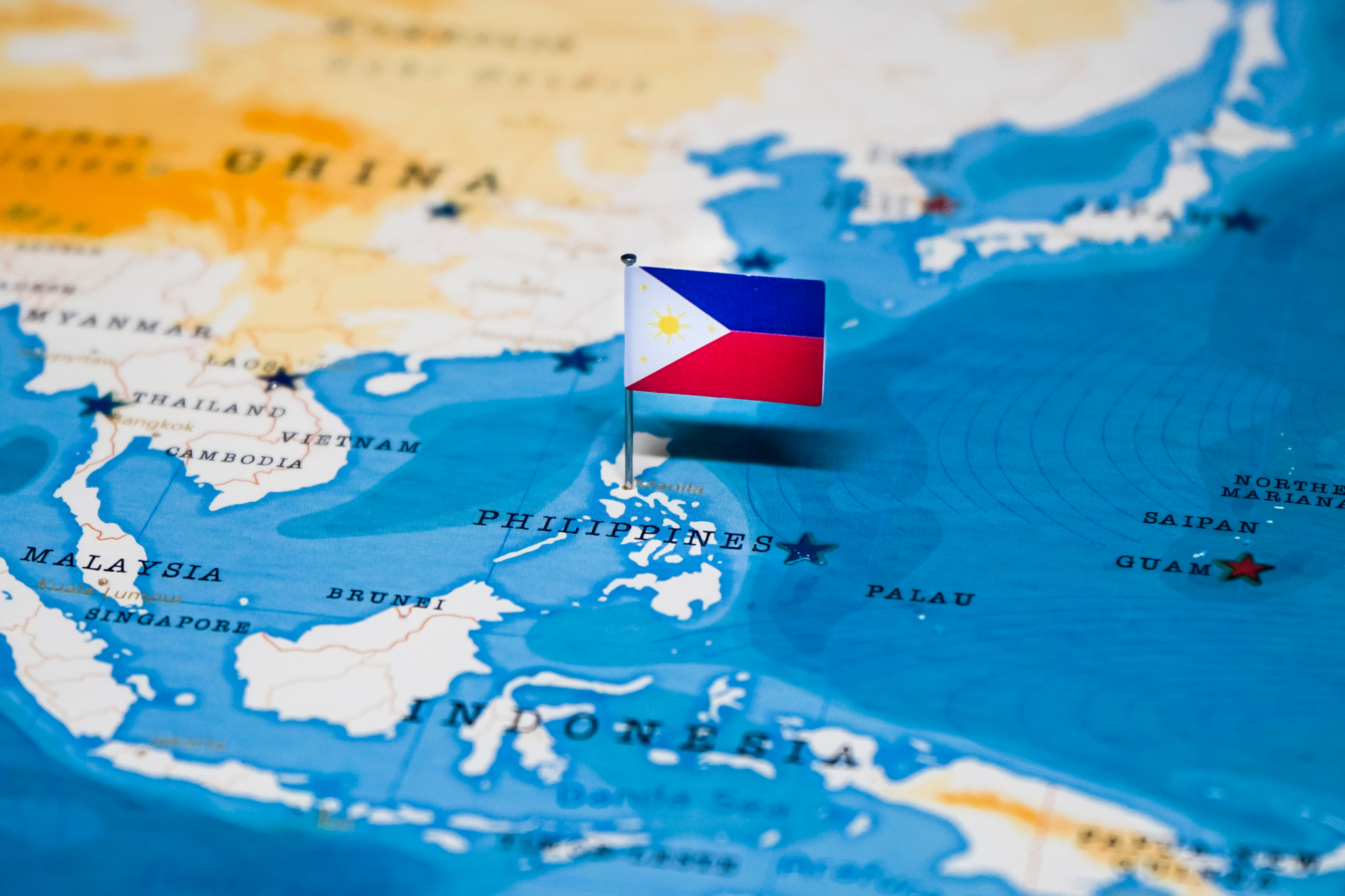
Hugh Stephens

In the ongoing struggle against content piracy, a global scourge that undermines and competes unfairly with legitimate content producers and distributors, blocking offshore web and streaming sites that distribute pirated content has proven to be an effective tool in many countries. It provides a remedy to deal with scofflaws that cannot be reached by domestic laws or regulation. Now the Philippines, an important market for domestic and international content, is about to join a growing international consensus by implementing its own site blocking regime.
It was announced in mid-April that the major ISPs in the nation of over 100 million, the Intellectual Property Office of the Philippines (IPOPHL) and the National Telecommunications Commission (NTC), the telecom sector regulator, have agreed on a Memorandum of Understanding (MOU) that will institute a fast, efficient and effective site blocking regime. The targeted site blocking process has arobust framework that will guide IPOPHL’s consideration in determining what constitutes flagrant infringement and ensure that only egregious piracy websites are blocked. Upon receipt of a rights holder’s referral and supporting documentation, IPOPHL will conduct a further investigation to confirm that an identified site is indeed distributing infringing material before referring the case to the NTC for issuance of a blocking order. ISPs have agreed to comply with these orders.
The Philippines has a vibrant domestic film and television industry but also one of the highest rates of piracy in Asia. In a YouGov survey dated September 2020, 49 percent of Philippine respondents admitted to accessing piracy streaming sites, with the total being over 50 percent in the 25 to 34 year age bracket. Almost half of these consumers indicated that, after accessing pirated content, they had cancelled subscriptions to local and international content services, an estimated annual loss of $120 million to the legitimate subscription OTT video industry alone, according to Media Partners Asia. This situation is in marked contrast to the situation in neighbouring Southeast Asian countries, such as Indonesia and Malaysia, where site blocking measures instituted over the past couple of years have helped to reduce significantly what previously were similar levels of consumption of pirated content by local consumers and migrated many of those consumers to legal services.
What has brought about this change in the Philippines? It is a combination of alignment of the interests of the key players, combined with strong local leadership and some external assistance, prompted by a realization that consistently high levels of piracy serve no-one’s interests. The lesson from last year’s Metro Manila Film Festival (MMFF) no doubt played a role as a catalyst. The Festival has been highlighting the best of Filipino talent since the 1970s. In 2020, because of COVID-19, it went virtual. COVID had already forced many theatres to close, thus leading to a surge in consumption of streaming content. Last year the MMFF tried to offset the loss of box office revenue through Video-on-Demand streaming but the result was a disaster. Because of widespread piracy, receipts totalled less than two percent of 2019 revenues. The Manila Times reported that;
“MMFF 2020 Best Picture “Fan Girl” executive producer Quark Henares revealed that his team closely monitored illegal online streaming and found 10 to 20 pirated links every hour.”
Often the enemy of introducing new measures to fight piracy is inertia and bureaucratic process, sometimes combined with misguided arguments that any attempt to deal with pirated content through blocking orders amounts to “internet censorship”. While the experience of the MMFF may or may not have been the spark that lit the fire, the leadership of key local players in the Philippines to address the serious piracy issues was critical. Among these is Globe Telecom, the largest telecom company in the country and a major distributor of online content. Several years ago, Globe launched a public awareness campaign against piracy and illicit content on the internet called “#Play it Right”. The objectives of Globe’s campaign are to combat illicit content on its networks, including pirated content and online child exploitation, and to protect its customers from malware, ID theft and ransomware, often by-products that come with accessing pirate sites.
AVIA, the regional video industry association based in Hong Kong and Singapore, has also played a constructive role. AVIA has signed a separate MOU with the Philippines Intellectual Property Office (IPOPHL) to support the initiative and will be active in providing the Office with information on egregious piracy sites. AVIA has also worked on site blocking mechanisms with authorities in other Southeast Asian countries and has useful experience to share. The mechanism envisaged for the Philippines is an administrative process, with the major ISPs (Globe Telecom Inc., Smart Communications Inc., PLDT Inc., Sky Cable Corp., Converge ICT Solutions Inc. and DITO Telecommunity Corp.) participating voluntarily. IPOPHL under its proactive Director-General Rowel Barba–former Undersecretary at the Department of Trade and Industry—has played the lead role in formulating the site blocking mechanism.
Administrative site blocking regimes have been instituted in a number of places, including Malaysia, Indonesia, Korea, and some European countries while other countries (e.g. Australia, France) have required specific legislation to enable blocking. In yet others blocking orders have been issued by the courts applying existing legislation (UK, Canada). While the immediate priority in the Philippines is to put the MOU into action, a parallel legislative initiative is also underway in the Philippine Congress and Senate. Legislation, however, takes time and is subject to many pressures and uncertainties such as election cycles and legislative agenda in terms of eventual outcome, in the Philippines as elsewhere. In the meantime, the MOU between the ISPs, IPOPHL and the National Telecommunications Commission offers a widely supported way forward to deal effectively with the issue now.
The piracy situation in the Philippines needs urgent action, a situation recognized by all the stakeholders. The first blocking orders should be issued soon and then the Philippines will join the more than fifty countries world-wide that have adopted site blocking mechanisms in one form or another. Philippine creators, cultural industries content distributors and consumers will all benefit from this long-overdue step.